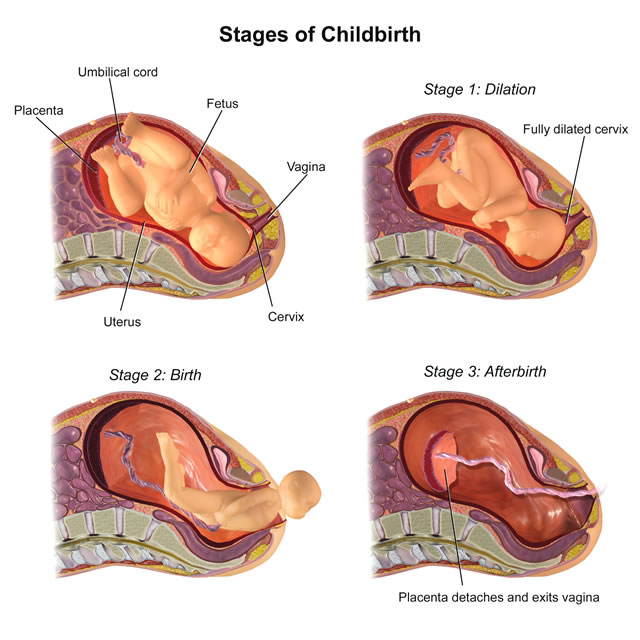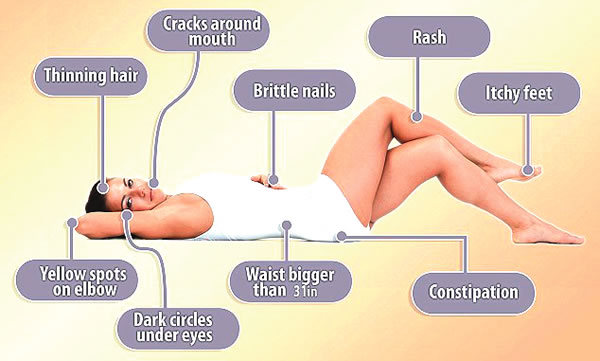A woman who has had a child before might hazard a guess; while the one who is a first-time mom might base her expectations on all the tales she has heard from other moms.
Yet, apart from the fact that each birth is unique and may not necessarily follow the same pattern when having another baby, individual experiences are never the same, as many factors such as age, genetics, finance and the expectant mother’s health all combine to shape the experience each person would have during child delivery.
Physicians say a lot could be achieved when pregnant women know what to expect during labour, as it will enable them to cooperate with their health care providers, thus making delivery a lot easier for everyone concerned as a newborn is being ushered into the earth.
Attend antenatal clinics religiously
Consultant Gynaecologist, Dr. Mosunmola Emmanuel, says no pregnant woman should miss any of her antenatal schedules because it is the avenue to learn many things about the progress of the pregnancy, while it also affords the opportunity to relate or socialize with expectant mothers.
“More important, it provides the patient the opportunity to see her doctor and to discuss her concerns, if any.
“It is also on such visits that the progress of the pregnancy is measured; while the expectant mother also uses the occasion to obtain her necessary medications such as folic acid and multivitamins,” the physician says.
She notes that a good hospital will let a pregnant woman how labour works and what to expect, without necessarily inducing fear, especially among first-time mothers.
Your body
To start with, you need to know how your body prepares for the eventual delivery.
According to General Practitioner, Dr. Moye Pariola, by the middle of a pregnancy, the pregnant woman sometimes experiences contractions, which seems to prepare the body for the real thing when labour actually commences in the ninth month.
He says, “This is medically known as Braxton Hicks contractions. As the pregnancy nears an end, these contractions may become more intense such that a pregnant woman can even mistake them for the commencement of labour.
“However, the difference between actual labour and the Braxton Hicks contractions is that Braxton contractions are not regular, they don’t last very long and although they can feel strong they should not feel painful.”
Pariola counsels that if you’re worried that the tightening you’re feeling might be the start of labour, it is necessary to contact your midwife, birth centre or labour ward for advice.
Have a fair idea about breastfeeding
Many women think breastfeeding is a walk in the park and that there is nothing to learn about it!
However, experts say even though breastfeeding a baby is a natural process, it is never an easy one.
Experts at baby.com advise that before you go into labor, you should take a breastfeeding class.
You and your husband should decide whether you want to do exclusive breastfeeding, which is highly recommended for the first six months.
“Beyond this, however, is the problem of engorgement that many new mothers sometimes experience.
“When breast is engorged, it may be difficult for the baby to feed, while the mother will also experience pain when the milk doesn’t flow.
“We always advise new mothers to have breast pump, which can be used to pump out milk and relax the pressure, thus enabling for milk flow, to the relief of mother and baby,” Pariola suggests.
Remember your EDD!
Dr. Emmanuel says pregnant women should be mindful of their Expected Day of Delivery, which their physician would have communicated to them in the first trimester of their pregnancy.
“For most women, EDD is exact, while for some, it is plus or minus a few days. Once you work with your doctor, there is nothing to fear,” she assures.
On the D-Day!
Physicians say it is advisable to eat light meal as you prepare to check into the hospital.
“Since you could vomit while in labor, it’s a good idea to have small snacks instead and drink plenty of water to stay hydrated.
“What’s more, some hospitals may not allow you to eat once you check in; so, it’s a good idea to give your body the energy it needs for labour while you can,” they suggest.
Experts also counsel that you are emptying your bladder every couple of hours.
“You may lie down, or take a warm bath; just as you may ask your caregiver for pain reliever if the pain gets unbearable.
“What is important at this stage is to listen to your nurse’s instructions and to cooperate. Standing, walking, kneeling, slow dancing, sitting and squatting, variously combine to help move the baby down and out. Explore the options,” Emmanuel suggests.
The bottom line: Labour and childbirth are hard work, manage them effectively.
PUNCH.


